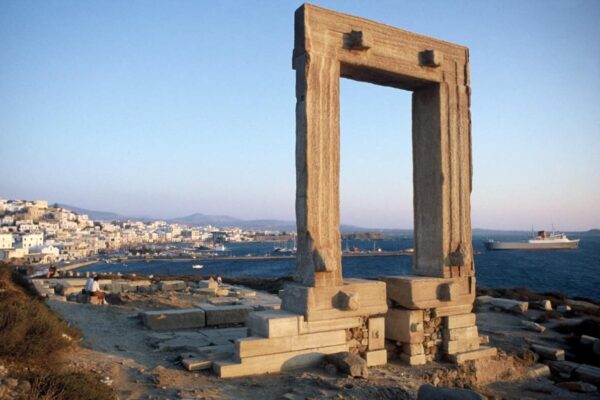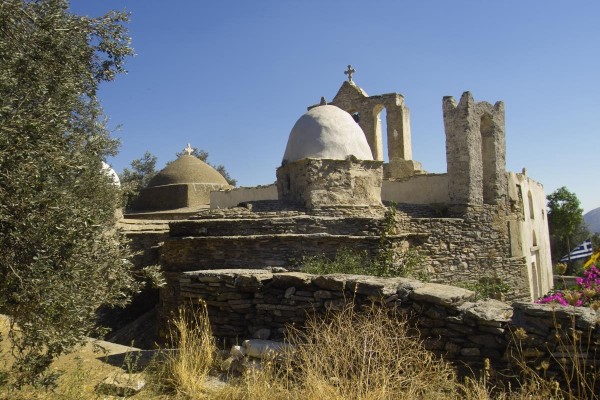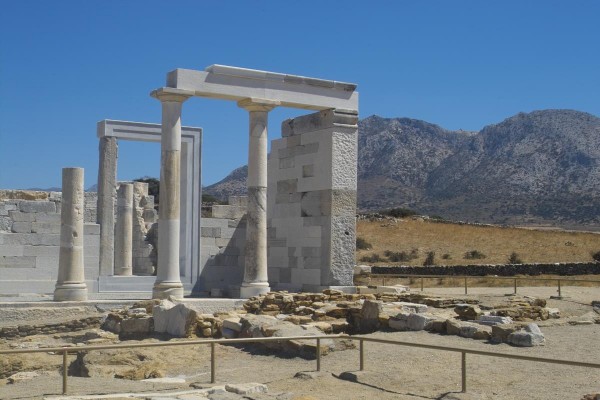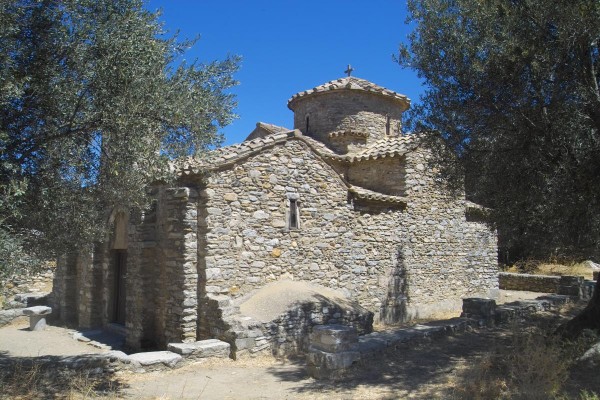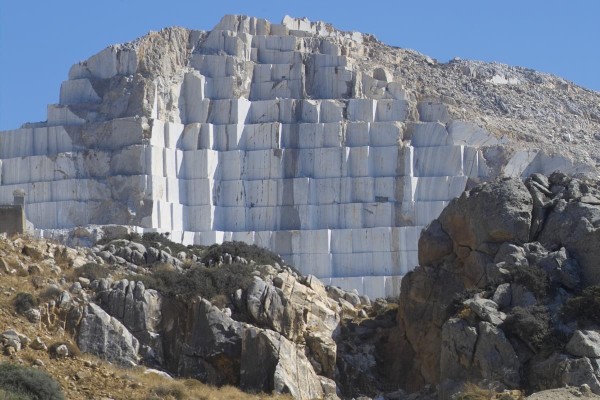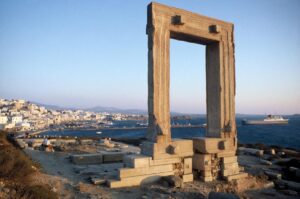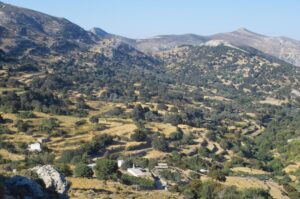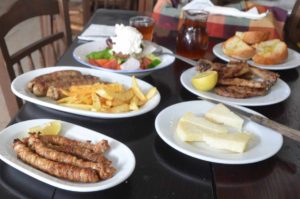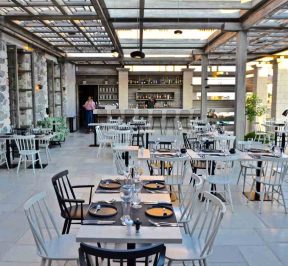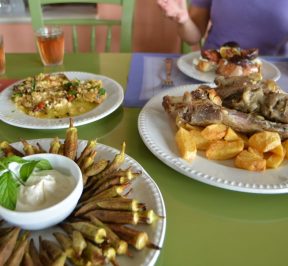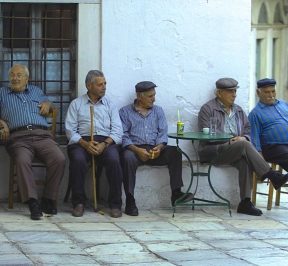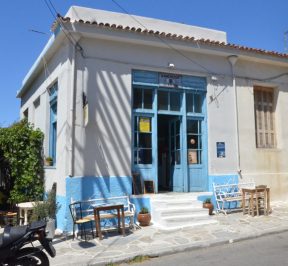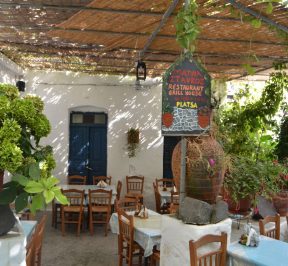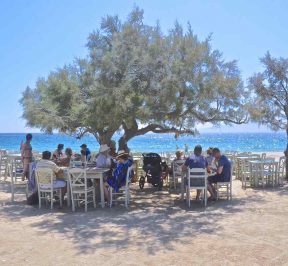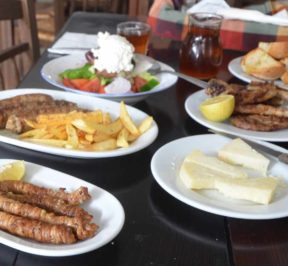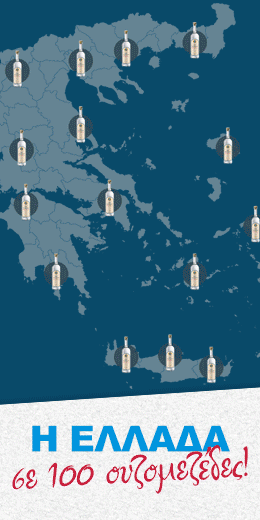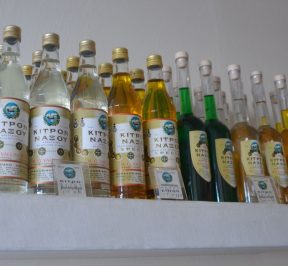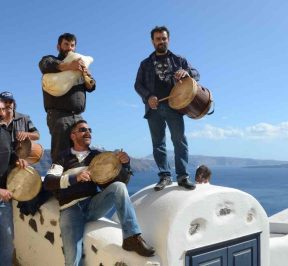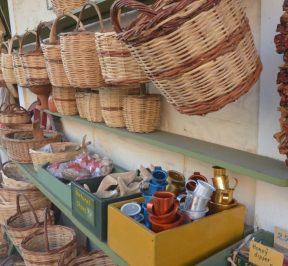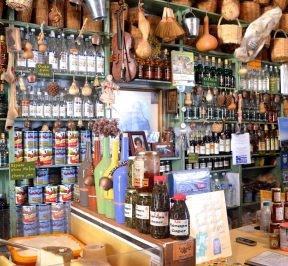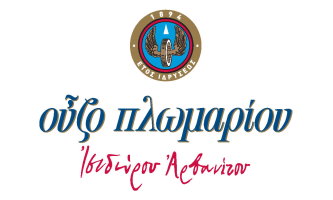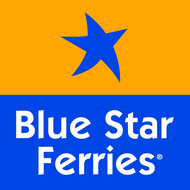
During the 2nd millennium BC, its flowering period Mycenaean civilization, Naxos plays the role of the connecting bridge between central Greece and the East, and the connection of Naxos with the Minoan civilization is reflected in the myth that states that Naxos was the son of Apollo and Akali, daughter of Minos, and from the island was named after him.

In 490 BC, Naxos was devastated by the Persians trying to expand their influence in the Aegean, but never managed to recover and regain its former glory. In the naval battle of Salamis, the Naxians fought on the side of the Athenians against the Persians and after the victory of the Greeks, Naxos became a member of the Athenian alliance.
In 1537 the period of Venetian rule ends and Naxos is occupied by Barbarossa and the Turks, who, however, did not settle on the island, being limited only to collecting taxes.
Naxos officially became part of the newly formed Greek state in 1831. For many years, the emery mines of Naxos were a great source of wealth and together with agriculture and animal husbandry they formed a self-sufficient society. Nowadays, Tourism, unlike the other islands of the Cyclades, did not become monoculture and was never the first priority of the Naxians. We could even claim that Naxos is one balanced development model.
PLACE & HISTORY - TRADITIONAL KITCHEN
PRODUCTS - DISHES


